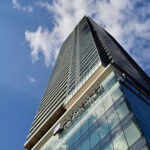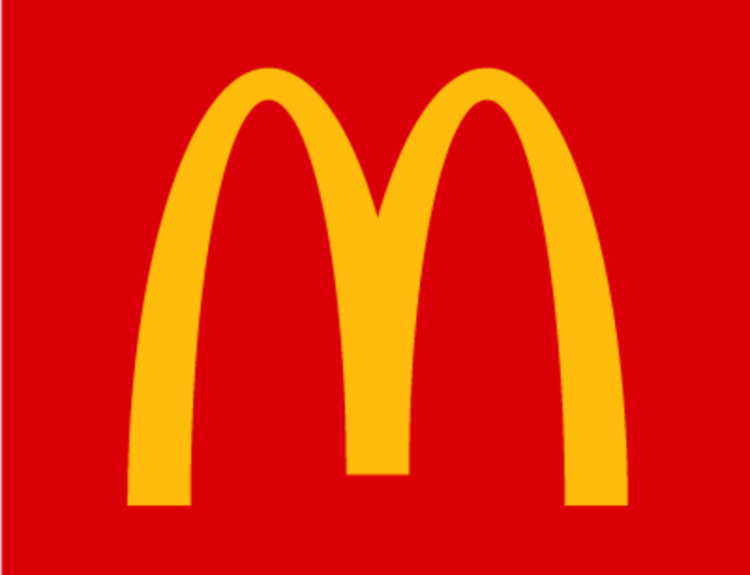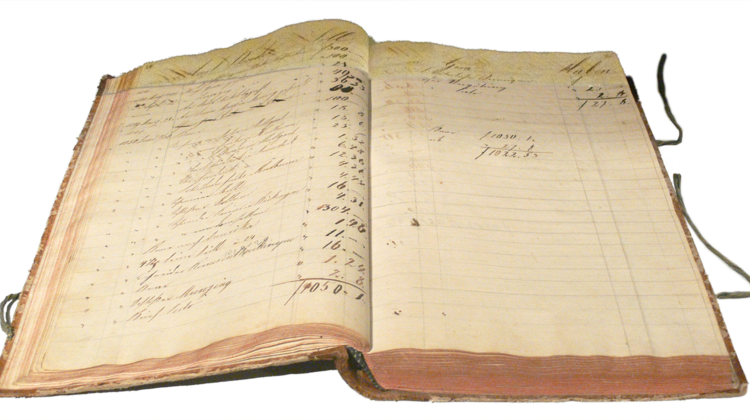Reducing costs and emissions with innovative formulas
- Unilever shares patents for ice cream formulas that can withstand higher temperatures
- Goal is to reduce energy use, costs, and freezer emissions
- 12 patents offered to the industry for reformulation of ice cream products
- Ice cream can remain stable at -12 degrees Celsius instead of -18 degrees Celsius
- Sharing patents to encourage more energy efficient freezer cabinets globally
- Recent pilot projects showed a 25% energy reduction per freezer cabinet at -12 degrees Celsius
- Unilever aims for net zero emissions by 2039 and to halve emissions impact of products by 2030
Unilever has announced that it will grant a free non-exclusive license to the ice-cream industry for its patents on formulas that can withstand higher temperatures. The goal is to reduce energy use, costs, and freezer emissions. The company will offer 12 patents to the industry for the reformulation of ice cream products, allowing them to remain stable at a freezer temperature of -12 degrees Celsius, instead of the current industry standard of -18 degrees Celsius. By sharing these patents, Unilever hopes to encourage the adoption of more energy-efficient freezer cabinets worldwide. Recent pilot projects have shown a 25% energy reduction per freezer cabinet at -12 degrees Celsius. Unilever is committed to achieving net zero emissions across its value chain by 2039 and aims to halve the emissions impact of its products by 2030.
Factuality Level: 8
Factuality Justification: The article provides specific information about Unilever granting a free non-exclusive license for its ice cream patents to reduce energy use, costs, and freezer emissions. It includes quotes from Unilever representatives and mentions the company’s goals for reducing emissions. The information provided is specific and does not contain any obvious bias or misleading information.
Noise Level: 8
Noise Justification: The article provides relevant information about Unilever granting a free non-exclusive license for its ice cream patents to reduce energy use and emissions. It mentions the potential benefits and the company’s sustainability goals. However, it lacks in-depth analysis, scientific rigor, and evidence to support the claims made. It also does not provide actionable insights or explore the consequences of the decision on those who bear the risks. Overall, the article contains some useful information but lacks depth and critical analysis.
Financial Relevance: Yes
Financial Markets Impacted: Ice-cream industry
Presence Of Extreme Event: No
Nature Of Extreme Event: No
Impact Rating Of The Extreme Event: No
Rating Justification: The article pertains to the ice-cream industry and Unilever’s efforts to reduce energy use, costs, and freezer emissions. It does not mention any extreme events or their impacts.
Public Companies: Unilever (ULVR)
Key People: Andy Sztehlo (Chief Research and Development Officer of the Ice Cream division)
Reported publicly:
 www.marketwatch.com
www.marketwatch.com 




